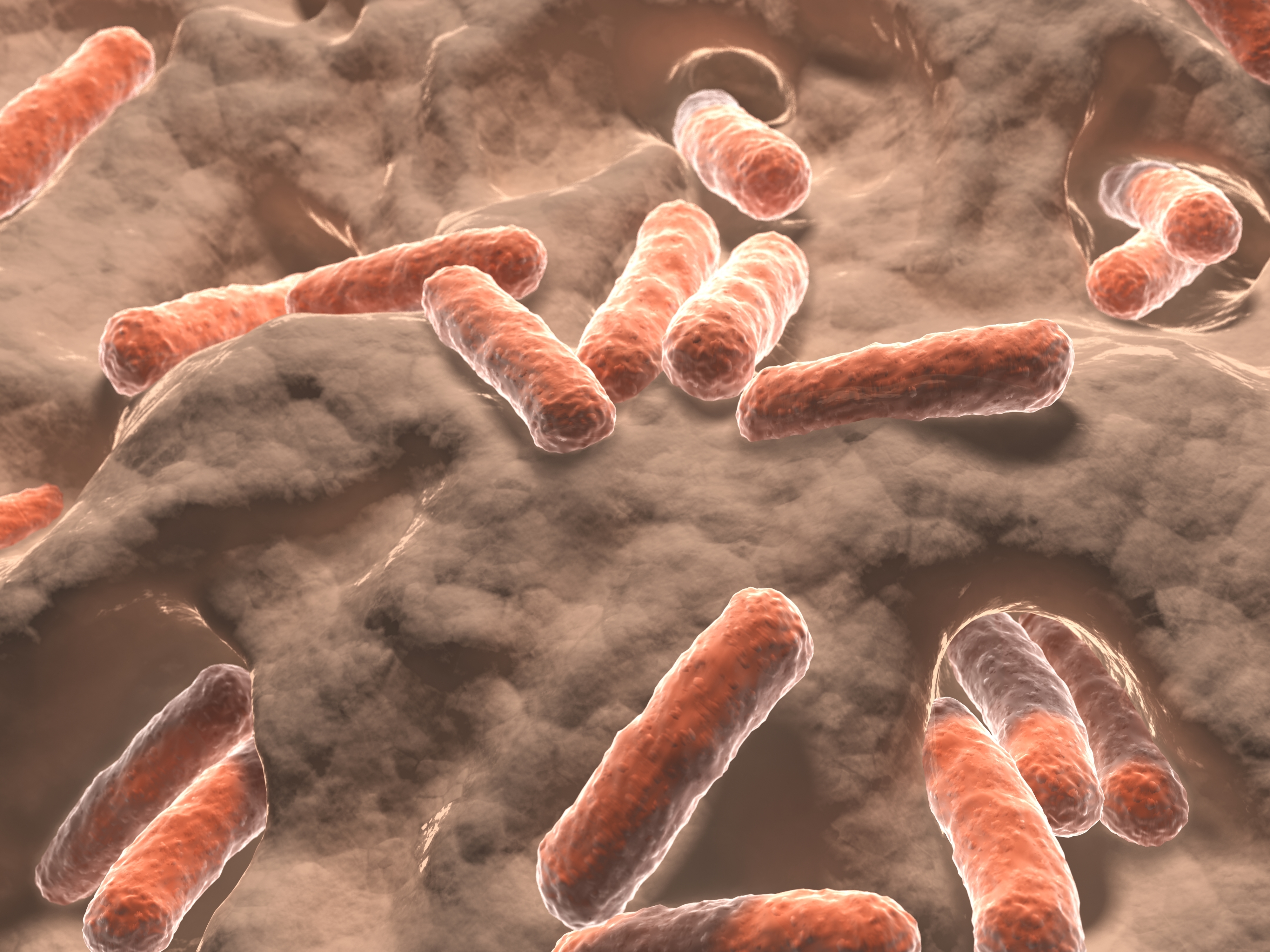Gut Bacteria Protects Against Inflammation Linked to Lupus and Other Diseases, Study Finds
Written by |

A research team from the University of California, Los Angeles, has shown that certain types of gut bacteria might be crucial in reducing both cancer and inflammation, a finding with long-reaching implications for diseases with an inflammatory component, such as lupus.
Intestinal bacterial flora holds both beneficial species and those with less advantageous properties. One of the most abundant human intestinal bacterial species is called Lactobacillus johnsonii 456. Researchers at UCLA, led by Robert Schiestl, a professor of pathology, environmental health sciences and radiation oncology, previously isolated the bacteria, showing its benefits reached far beyond the gut.
The new study, “Chemopreventive Metabolites Are Correlated with a Change in Intestinal Microbiota Measured in A-T Mice and Decreased Carcinogenesis,” published in the journal PLOS ONE, focused on the role of gut bacteria in delaying the onset of cancer, suggesting that probiotic supplements might prevent cancer development.
Research, however, also showed that gut bacteria with good properties could both reduce gene damage and inflammation — a finding with implications far beyond cancer, as inflammation plays a role in conditions as varying as neurodegenerative diseases, heart disease, arthritis, lupus, and in aging.
Investigators used mice harboring mutations in a gene called ATM, making them likely to develop the rare neurological condition called ataxia telangiectasia. People, as well as mice, with this condition are prone to develop such cancers as lymphoma and leukemia.
To test their hypothesis, scientists gave half the mice only anti-inflammatory bacteria, a beneficial bacteria, while the other half received a mix of both pro- and anti-inflammatory species more resembling the composition present in the gut.
Mice that received only the anti-inflammatory bacteria took much longer to develop lymphoma, the research team found. Trying to trace the origin of this effect, the team analyzed mice urine and feces, and to their surprise found a range of metabolites known to prevent cancer.
These mice also had a more efficient metabolism, burning fat more rapidly — a factor researchers also believe might keep cancer at bay. And the good news didn’t end there: mice with the good bacteria lived four times longer and had less DNA damage and inflammation in the process.
The researchers said in a press release they believe that manipulating the bacterial flora of the gut could be an effective way of preventing cancer and other inflammatory diseases.





